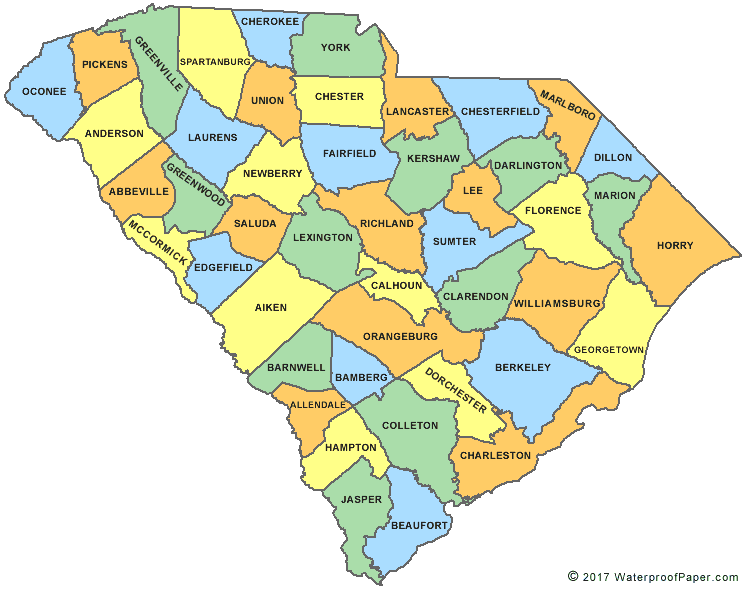Catawba (also known as Issa or Esaw, but most commonly
Iswa) are a federally recognized nation of
Native Americans, known
as the Catawba Indian Nation. They live in the Southeast
United States, along
the border between
North and
South Carolina. The
Catawba were once considered one of the most powerful Southeastern
Siouan tribes. The
Catawba and other Siouan peoples are believed to have coalesced as tribes in
the Southeast.
Primarily involved in agriculture, the Catawba were
friendly towards early European
colonists. They were at
almost constant war with tribes of other major language families: the
Iroquois, the
Algonquian
Shawnee and
Delaware, and the
Iroquoian
Cherokee, who fought
for control over the large
Ohio Valley (including
what is now in present-day
West Virginia).[1]
They served during the
American Revolutionary War
with the colonists against the British. Decimated by earlier
smallpox
epidemics, tribal
warfare and social disruption, the Catawba declined markedly in number in the
late eighteenth and nineteenth centuries.
The Catawba River (named after the Native American
tribes that first settled on the banks) is a
tributary of the
Wateree River in the
U.S. states of
North Carolina and
South Carolina. The
river is approximately 220 miles (350 km) long. It rises in the
Appalachian Mountains
and drains into
Piedmont, and is
impounded through series of reservoirs for
flood control and
hydroelectricity. The
river is named after the
Catawba tribe of
Native Americans. They
were known in their own language as the Kawahcatawbas, "the people of the
river".
It rises in the
Blue Ridge Mountains in
western
McDowell County, North Carolina,
approximately 20 miles (30 km) east of
Asheville. It flows
ENE, forming, along with the Linville River, Lake James. It then passes north
of
Morganton, then
southeast through the
Lake Norman reservoir.
From Lake Norman it flows south, passing west of
Charlotte, then flowing
through the
Mountain Island Lake
and
Lake Wylie reservoirs,
where it forms approximately 10 miles (15 km) of the border between North
Carolina and South Carolina. It flows into northern South Carolina, passing
east of
Rock Hill, then through
Fishing Creek Reservoir
near
Great Falls, and then
into the
Lake Wateree reservoir,
approximately 30 miles (50 km) northeast of
Columbia. At the
now-submerged confluence with Wateree Creek, it becomes the
Wateree River.
Disclaimer: This Genealogy Project is
using "Historically Correct Words" that
some individuals now may consider to be
offensive.

